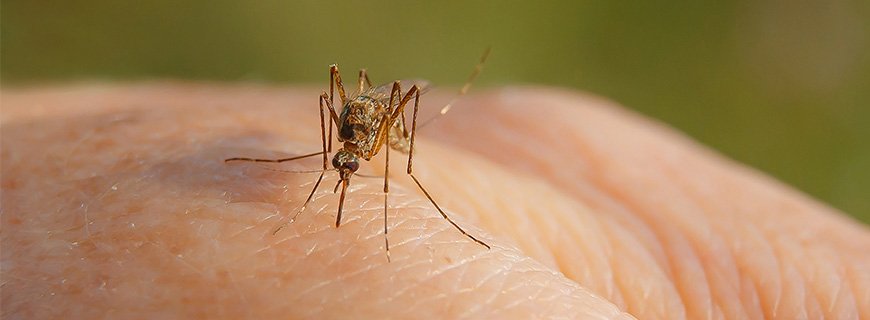American Crow tested positive for West Nile Virus

A lab-confirmed case of West Nile Virus (WNV) in an American Crow has been identified in the Brockville area. This is the first avian WNV reported in the South East Health Unit (SEHU) region this year.
SEHU continues to conduct surveillance for cases of WNV to ensure accurate tracking of its occurrence both locally and provincially. In addition, each summer, public health collects mosquito samples from monitoring traps and submits them for viral testing, to understand if WNV is present in the region, and help to determine the risk of this mosquito-borne disease in the population.
WNV is an infection found in birds and is carried by mosquitoes which feed on infected birds. WNV is spread to humans and animals through bites by infected mosquitoes. Early symptoms of West NiIe Virus infection (WNV) can include fever, muscle weakness, stiff neck, confusion, severe headache, sudden sensitivity to light, tremors, numbness, or vision loss. Most infected individuals have mild symptoms or no symptoms. In severe cases, WNV can cause inflammation of the brain, known as encephalitis. If individuals believe they are experiencing early symptoms of WNV, they are encouraged to contact their primary health-care provider.
“This serves as a reminder that there is still a risk of WNV in our region while mosquitoes remain active,” says Dr. Linna Li, Deputy Medical Officer of Health for the SEHU. “Residents are encouraged to continue to enjoy the outdoors, but take steps to protect themselves from WNV (especially at dawn and dusk when mosquitoes are most active) by wearing clothes that minimize exposed skin, using bug sprays with DEET or Icaridin, and making sure there's no standing water where mosquitoes can breed on their property.”
Steps to protect yourself from WNV:
- Wear light-coloured clothing and minimize exposed skin if you are out at dawn and dusk.
- Use an insect repellant containing DEET or Icaridin and follow manufacturer’s directions for use.
- Consider wearing permethrin-treated clothing.
- Remove any sources of standing water where mosquitoes can lay their eggs, including jars, discarded tires, clogged gutters, yard decorations, and stock tanks.
- Empty bird baths every other day and cover rain barrels with tight-fitting mosquito proof screens.
- Do not handle dead birds with bare hands, instead use a shovel to dispose of it or, if handling is unavoidable, wear rubber gloves and wash your hands well with soap and water after handling.
- Report dead birds to the Canadian Wildlife Health Cooperative.
For more information on West Nile Virus prevention, please visit https://healthunit.org/media/2023-archive/preventing-wnv-infections/.
-30-
Media contact: media@healthunit.org










